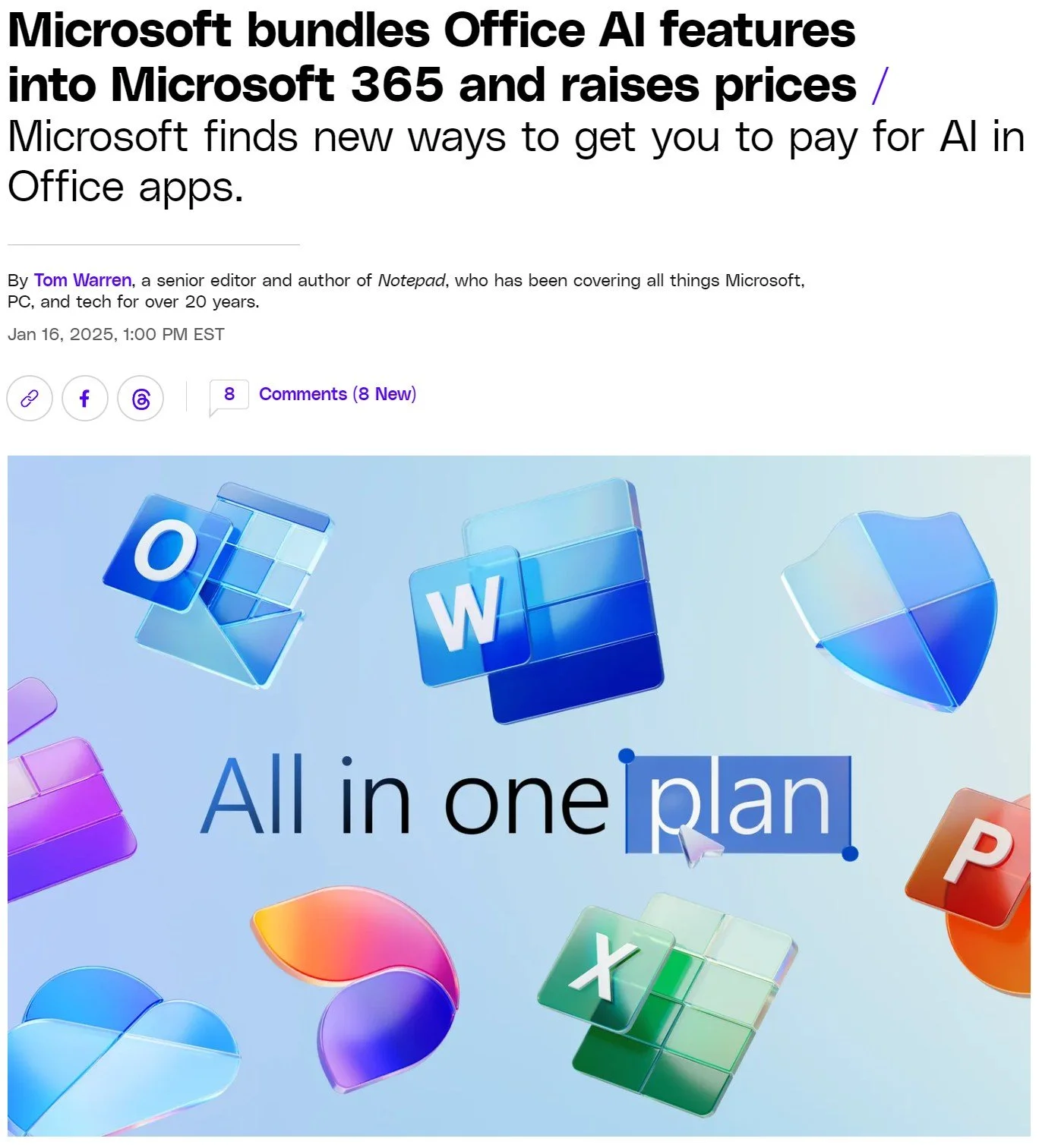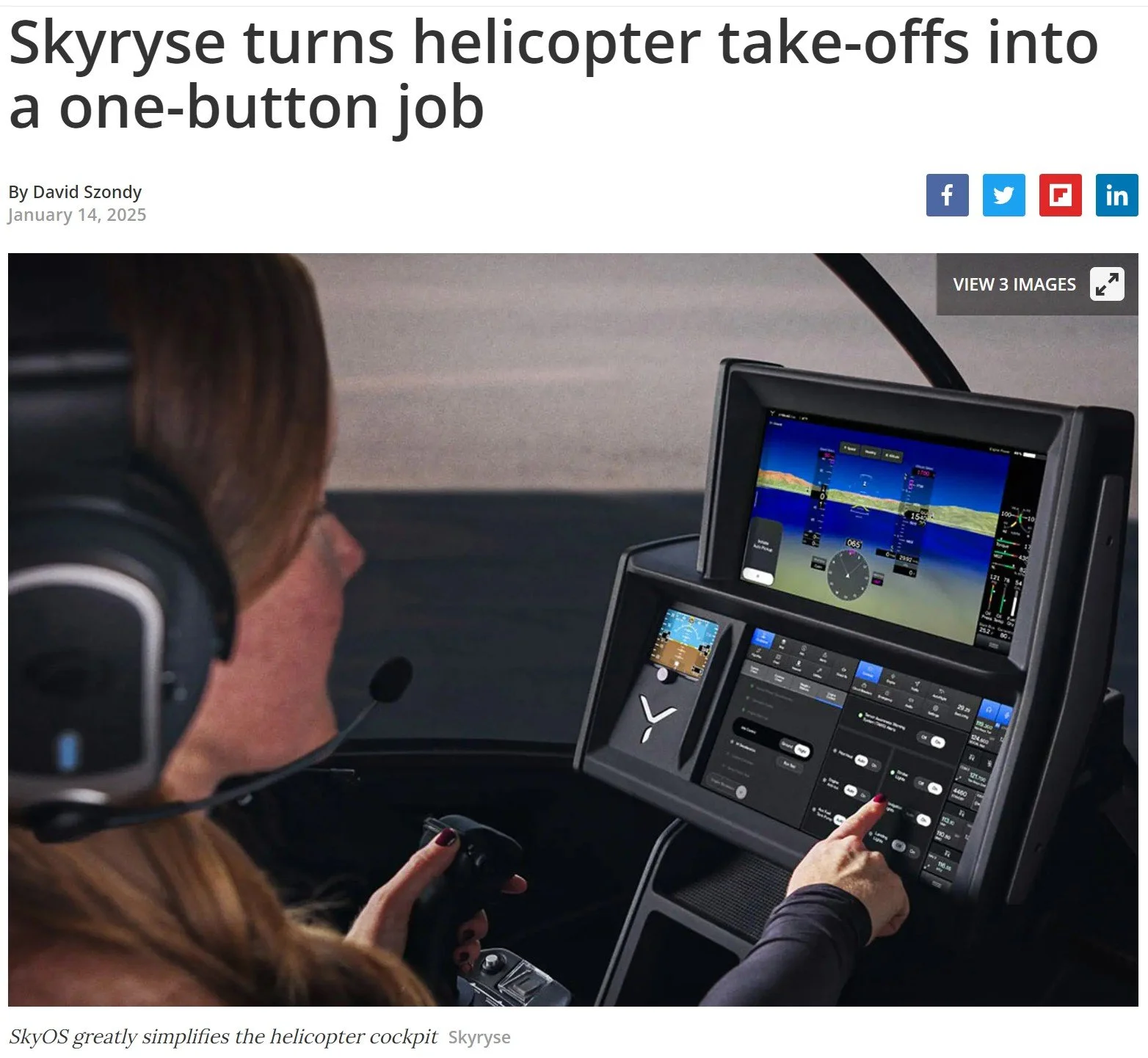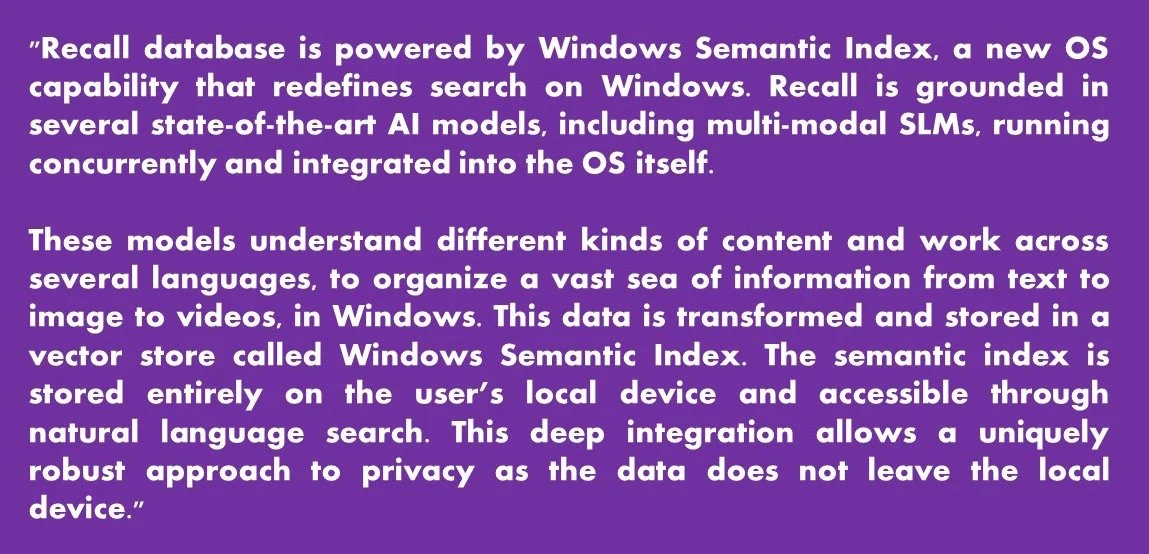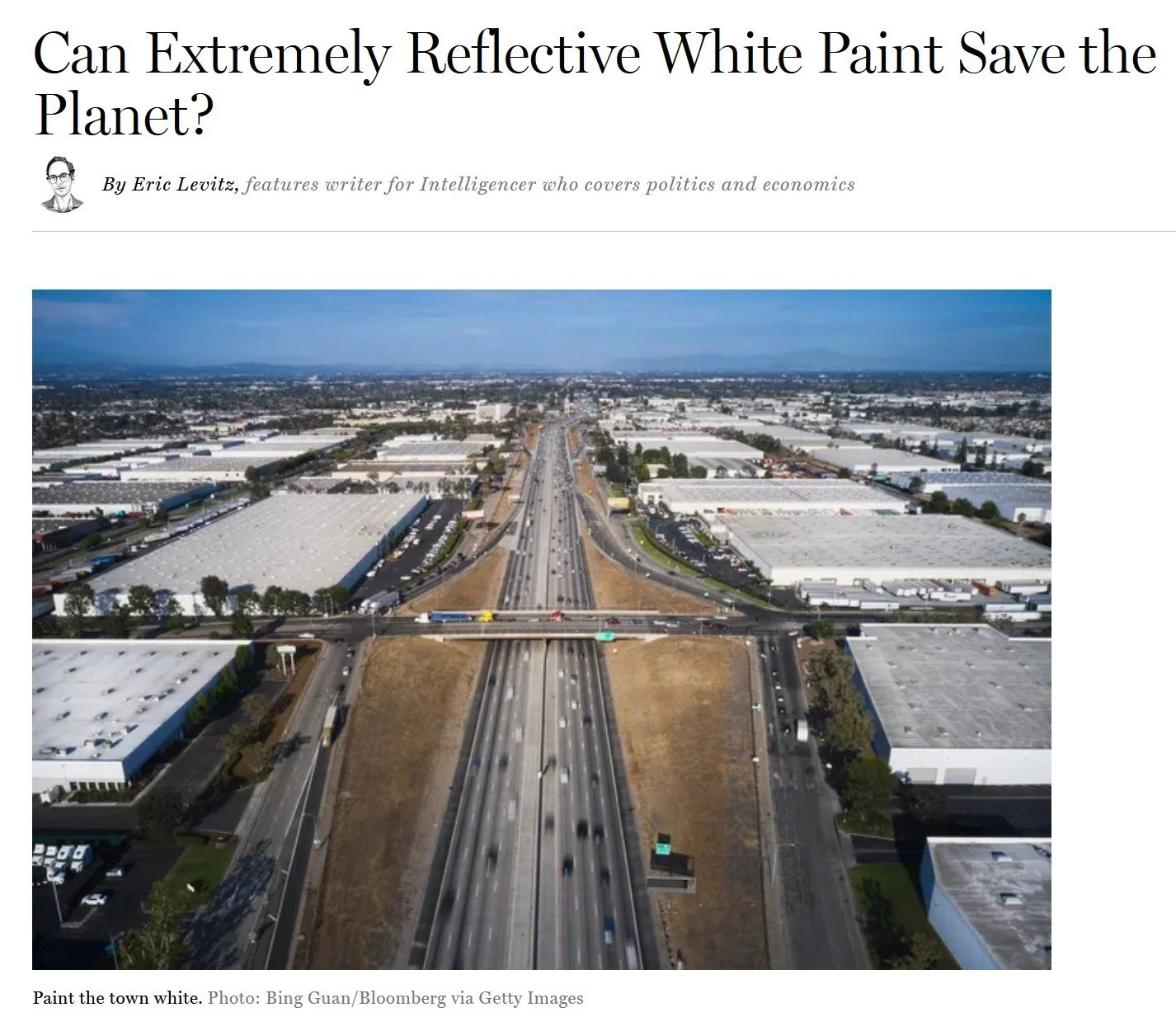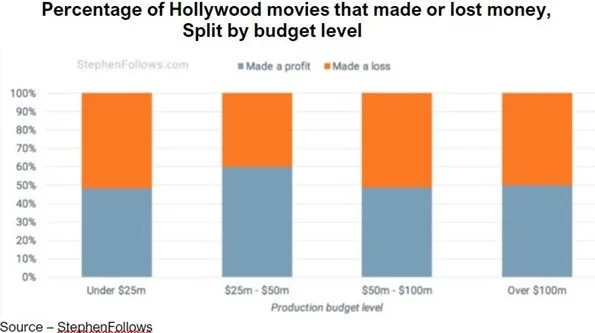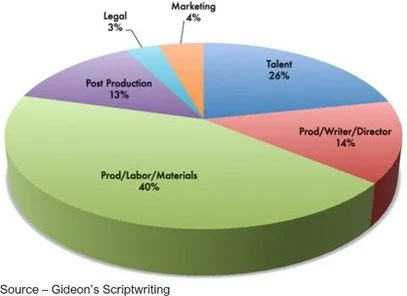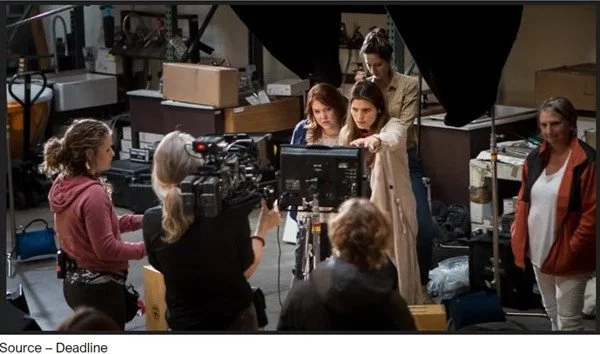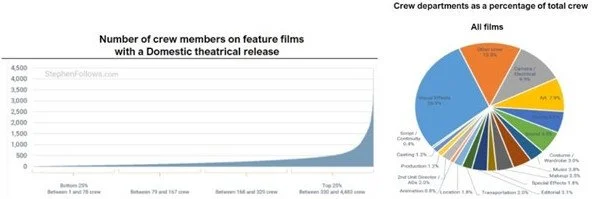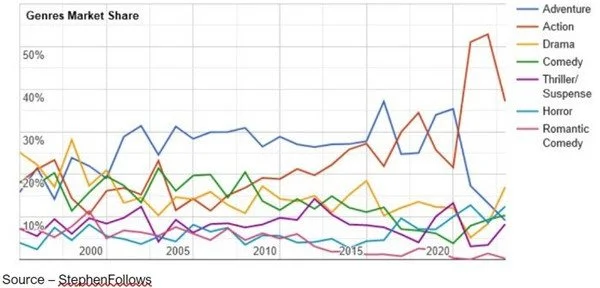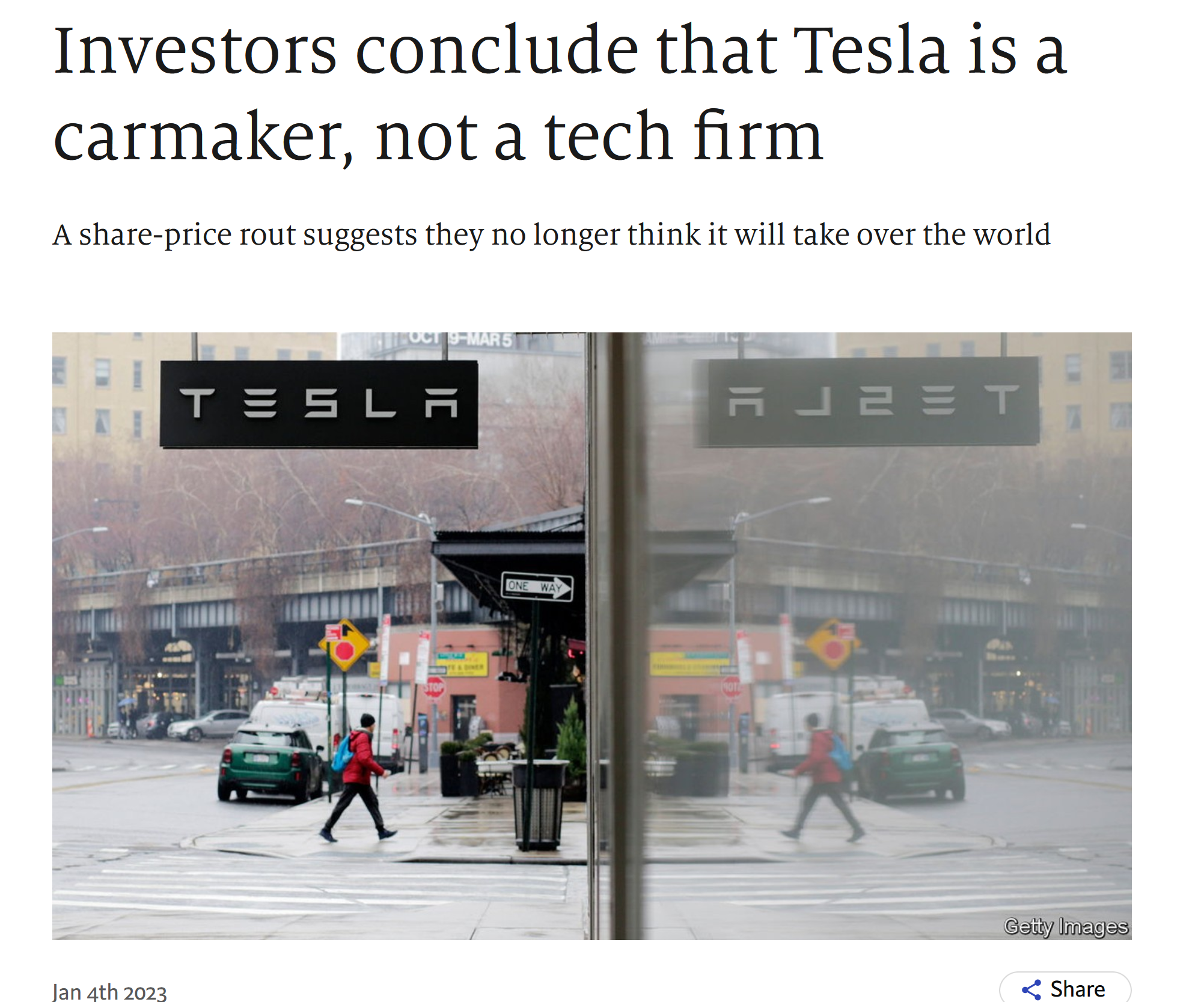Day 2 of Threads and the douchebaggery of Zuck and his band of merry morons is now coming into view.
People, the ease of signing up for Threads is a head fake.
For it hides the millstone that is firmly anchored to the user: the absolute denial of the ability to delete your Instagram Threads account without deleting your main Instagram account!
Right now, only Instagram users can sign up, and only with their accounts.
That instantly populates Threads, as it brings the long tail of existing user networks with them.
However, once they see that it is just the same old shit, i.e., that instead of a pictures-based Instagram, it is now a textual Instagram, so to speak, they can't now leave there.
Meanwhile, Facebook now has a new data source for refining their social graph in order to bring up absolutely irrelevant ads.
And pelting users with shitty ads, mind you, is the end game for all of the horseshit that is Instagram Threads.
Seriously, why do you think that all news outlets and their shameless hacks all creaming themselves over how momentous this entry into our consciousness by Threads is.
No, dumbasses: it isn't.
Threads, as with most manufactured phenomenons, will likely fail.
Because artificial constraints, while indeed serving to goose user numbers initially, cannot replace organic user growth and stickiness.
History bears this out: Facebook has been successful in copying other products that are add-ins to existing products. However, it has failed woefully whenever it tries to recreate an existing product as a standalone asset.
The one thing they could have used to get that incredible FOMO feeling among the (supposed) cognoscenti, a land grab for usernames, cannot now be used because your Instagram ID is your automagic Threads user ID, and activated once you sign in to with your Instagram account.
That favored username FOMO likely won’t work once everyone is let in.
Now, mix in the other crap that Threads does very well: PII vacuuming, algorithmic timelines, and the force-feeding of shameless promotions/self-promotions by and of influencers and so-called celebrities.
It is also mobile-only, app required. I am told that it won’t work on iPad either. Though it has a web/browser component, that is merely a viewing placeholder, just like the Instagram app is.
That is a strategy that worked for Instagram. However, it is destined to fail for Threads because Threads is text-based, and people really do like using their keyboards to compose blasts and rants.
So, this (Instagram Threads) too, will pass away.
Still, you have gotta applaud the absolutely subdolous way Zuck and Facebook did this Threads launch!
